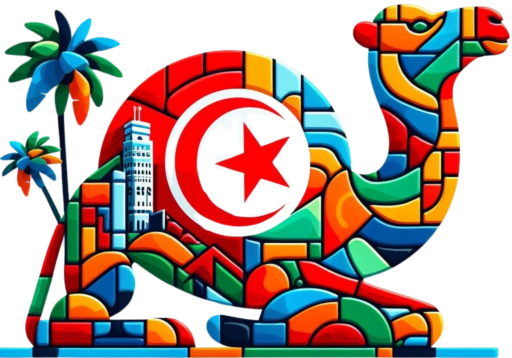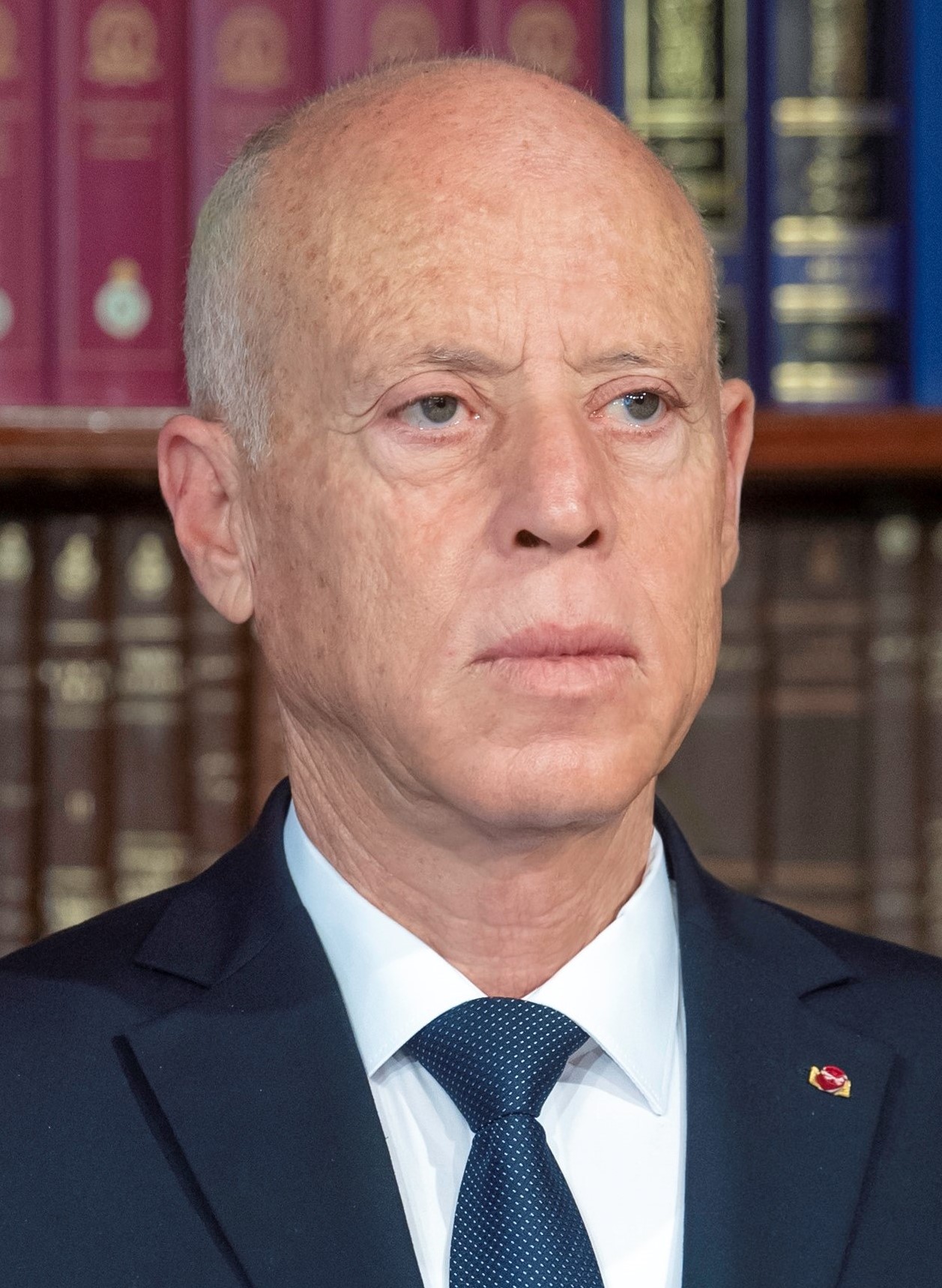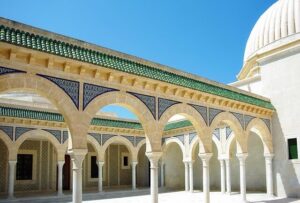Tunisia is a Presidential Republic, on July 25, 2022, it was called to the polls for a constitutional referendum. This referendum, among other things, was called exactly one year after the proclamation of the state of exception by the Tunisian President Saied.
Historically characterized by a turnout constantly lower than 40%, once again the turnout of the Tunisian population, which is around 9.3 million registered on the electoral lists, was only 30.5% of those right.
Despite this modest influx, the referendum ended with a landslide victory for the Presidential Republic with as much as 94.6% of the votes in favor.
A bit of previous history
Characterized by a multi-millennial history, initially Tunisia, like all the states belonging to the Maghreb (Morocco, Algeria, Tunisia, Libya and Mauritania), was inhabited by Berber tribes, today Imaziɣen (literally Free Men).
Making a significant leap forward, we find that in 814 the Phoenicians founded Carthage, which still today bears its ancient name of Carthage which, technically, would be 16 km from Tunis, but de facto it is an elegant district of the capital rich in history , museums, gardens and art galleries, overlooking a beautiful sea.
After the Punic Wars, Tunisia passed to the Romans, then the Byzantines, before ending up in Arab hands, who founded what is now known as al-Qayrawan in 670, Islamizing the Berber populations in 702 and giving way to the caliphates. In the first half of the 12th century we find the coastal domination of the Kingdom of Sicily, which was replaced first by the Almohads (1159), then by the Hafsids (from 1228 to the 16th century), finally by the Ottoman Turks in 1574.
In 1705, the Husseinid dynasty was founded, reigning as the Bey of Tunis until 1957.
We cannot overlook the 75 years of French colonialism, which began on May 12, 1881 with the French invasion and the signing of the Bardo Treaty, which made Tunisia a French protectorate, and ended on July 31, 1954 with a speech by the Prime Minister followed by the definitive abrogation of the Bardo Treaty on 20 March 1956.
- on 3 August 1956 the dual regime (Koranic and civil) was repealed, first in the courts and then in the schools.
- on August 13, 1956, the Code of the statute of the person was approved, which emancipated women:
- Prohibition of Polygamy;
- Established the minimum age and mutual consent to the wedding;
- Abolished the bride’s duty of obedience;
- Substitution of divorce for repudiation.
- on 25 July 1957 the Tunisian Republic was proclaimed.
- on November 7, 1987, in a coup d’état, Ben Ali deposed President Bourguiba.
- on January 14, 2011 Ben Ali resigned.
- on 23 October 2011, after months of uncertainty, elections were held for the Constituent Assembly of Tunisia, which created a new constitution (26 January 2014), followed by the first free presidential elections (26 October 2014).
What is changing today
In Tunisia, since 2014, we have had an Italian-style parliamentary system.
Supported by a third of the population, Kais Saied is considered by his electors to be incorruptible compared to traditional political parties, so much so that he received the go-ahead for the establishment of an ad hoc presidential system, in which the leader centralizes the executive, supported by a prime minister and ministers appointed directly by him (art. 101) and revocable at any time (art. 102), without the need for trust in Parliament (art. 116).
Once all the possible obstacles to presidential action have been eliminated, we are therefore in a phase of transition from a semi-presidential government to a hyper-presidential government, in which according to this new Constitution it will be Saied who will determine “the general policies of the State and define his choices essential” (art. 100), dictating orientations and choices that will then be the Government chosen by itself to implement (art. 111).
The President has the power of legislative initiative and his bills have priority in the legislative process (art. 68) and a new element is introduced: a bicameral Parliament, where the Assembly of People’s Representatives is supported by an upper house, the National Council of Regions and Provinces (art. 56), which at first sight seems an attempt to decentralize power, but de facto an entire chapter of the previous Constitution disappears (seventh chapter of the Constitutional Charter of 2014) in favor of a single article, which refers everything to the ordinary law (art. 133).
Summarized in as few words as possible for those who are not particularly accustomed to legal terminology, we can say that every other possible authority has been removed or transformed into bodies placed under its direct control, bringing the new Tunisian governmental system exceptionally close to a presidential dictatorship.
The ambiguous state secularism maintained up to a short while ago also disappears, given that in the new constitutional text we find that “Tunisia is part of the Islamic Umma [community] and the state alone, within the ambit of a democratic system, must work for realize the Maqasid [goals, objectives] of Islam in the preservation of life, honour, property, religion and freedom” (art. 5).
We recall that this Constitution is the result of a “public consultation” in which 7.5% of those entitled took part and from which (perhaps not too casually, given the small participation) a result adhered to the presidential ideas and vision. Despite the numerous bodies involved in its drafting from 19 May 2022 until 30 June, in reality it is not clear who drafted the final text of this Constitution. It is supposed to be the work of Saied himself or a small group under his direction.
If the 2014 charter had been characterized by direct intervention by the population, this new constitution is evidently born under the direct guidance of Saied. We will see if these choices will really resolve the economic and social crisis in which this splendid country is currently living.
A crisis resulting from the failure to implement part of the provisions in the previous Constitution, but also from the effects of a serious global pandemic, rampant unemployment (especially among young people) and a war in Ukraine which certainly did not improve the picture.





